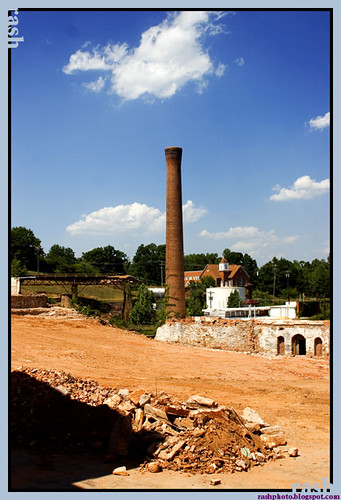Rural North Carolina Factory Demolition
Saturday June 9, 2007. I traveled to the foothills of North Carolina, close to the South Carolina border, for my annual visit to Forest City. This is my grandmother's hometown, most of her family remains there, and other than visiting relatives it tends to be a sleepy, if not utterly uneventful town. Each year I make the drive down from Greensboro for a family get-together, usually involving potluck lunch, group snapshots, a few rides around the church on a 4-wheeler, and getting back on the road before the afternoon is in full swing. My drive is certainly much longer, in either direction, than the actual visit. I suspect the same is probably true for most folks on family reunion weekend. This year, as I began my drive home, I made a few purposeful wrong turns, discovering a demolition site for an old cotton mill in Cliffside, NC. Many years have passed since I last scaled a fence or ignored "no trespassing" signs but perhaps that was the appeal. It's possible I just needed something a bit more dangerous in my afternoon than a 3-hour drive and the freshly loaded queue of Chinese language pod casts awaiting inside my MP3 player. So, between the crack in the fence I crawled, and spent the next hour in 100 degree sun gathering images of broken windows, piles of bricks, and toxic water gathered in the remains of a building that formerly employed a large percentage of the Cliffside population. This story is common across North Carolina, as the age of American industry seems to have turned the page in favor of cheap, overseas labor and profit lines. In the past, textiles were an important contributor to the North Carolina, but these days one would have a much easier time finding partially demolished or condemned mills than plants which are still functional or actually in operation. These are the ghost towns of North Carolina, the mills and factories which have left hundreds of workers in their wake and employed a generation of rural folk who were forced to find other means of feeding their families when doors were closed and the American industrial landscape changed forever. I have no knowledge of the specifics of this particular mill, only that my grandmother says that it was a cotton mill and some of my distant relatives were once employed there. 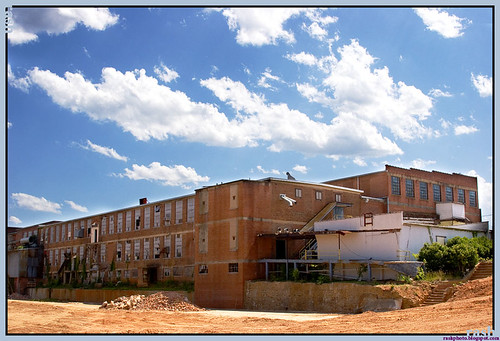
©2007 John F Rash / RASHPHOTO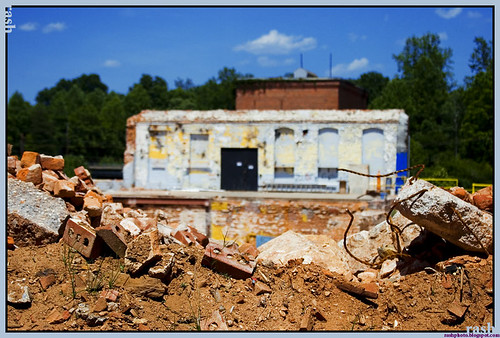
©2007 John F Rash / RASHPHOTO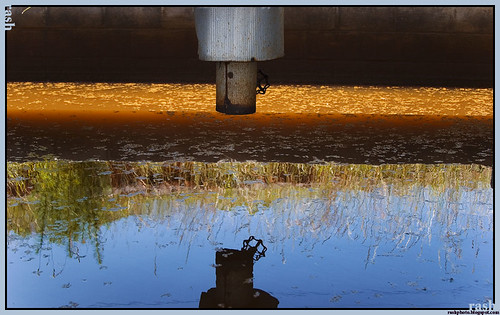
©2007 John F Rash / RASHPHOTO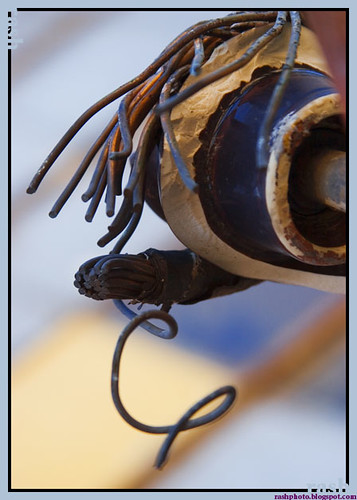
©2007 John F Rash / RASHPHOTO
©2007 John F Rash / RASHPHOTO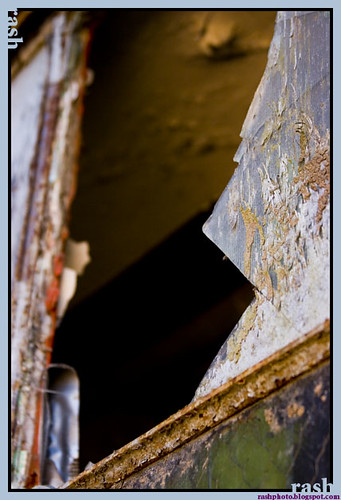
©2007 John F Rash / RASHPHOTO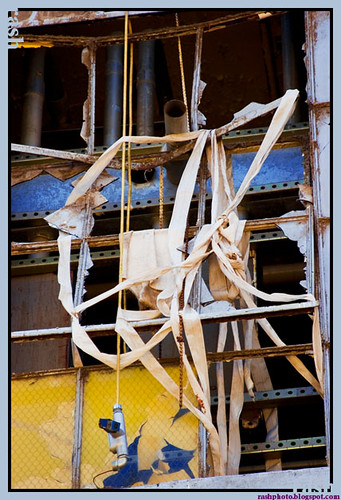
©2007 John F Rash / RASHPHOTO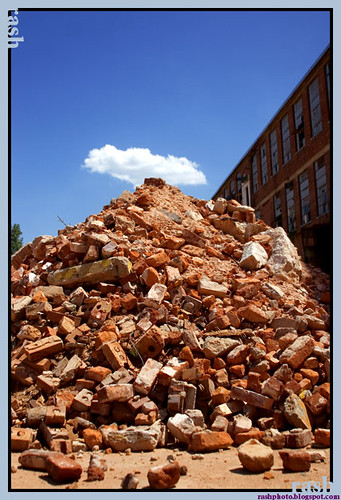
©2007 John F Rash / RASHPHOTO